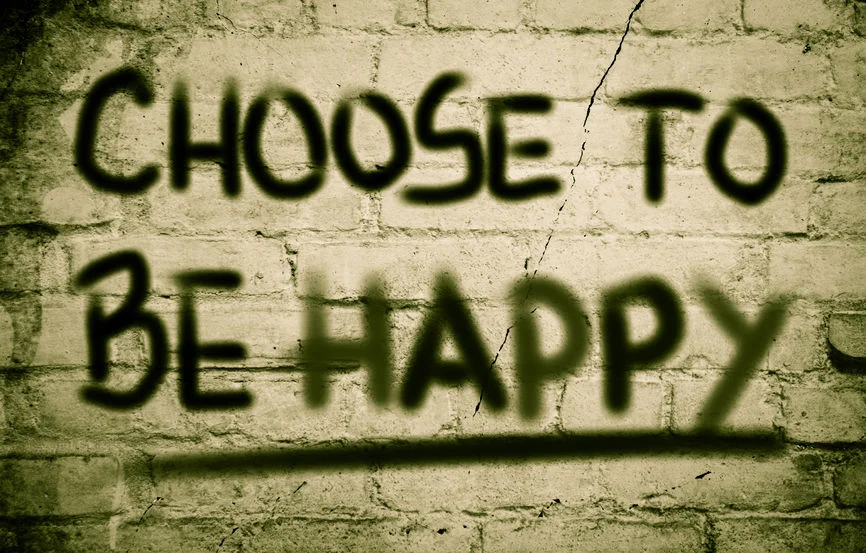By Rakesh Ahuja
This is a very pertinent shortcut to one essential element, the bedrock, of Stoicism: “It is our attitude towards events, not the events themselves, which we can control. Nothing is by its own nature calamitous – even death is terrible only if we fear it “. Epictetus.
Focusing On the Present: How to Release Regrets and Anxieties
Melissa Chu Oct 9, 2018
“If you are depressed you are living in the past. If you are anxious you are living in the future. If you are at peace you are living in the present.” — Lao Tzu
Each and every one of us have two lives.
Throughout our existence, we experience both simultaneously. Sometimes, both lives are aligned. Other times, they are worlds apart. They are our outer lives and our inner lives.
Our outer lives reflect where we are physically: sitting at a desk facing a computer, walking along a trail, or eating a weekday dinner at home. A quick glance is all it takes for someone to see the current state of your outer life.
Our inner lives, though, are where our thoughts, pains, and desires exist. While we might be at work or spending time with family, our minds are floating somewhere else. We could be fixated on a traumatic incident or worrying about an undesirable fate. From looking at someone, it would be difficult to observe their inner state.
To be sure, reflecting on the past or worrying about the future are regular, normal activities. In some cases, doing so can be helpful in decision-making. But when our thoughts are so far removed from our actions that we can’t enjoy the present, it’s time to change the way we think.
Aligning Our Outer and Inner Lives
As humans, we are naturally built to think. We anticipate. We plan. We strategize. These beneficial tendencies protect us from potential dangers and allow us to take advantage of opportunities.
As humans, we are naturally built to think. We anticipate. We plan. We strategize. These beneficial tendencies protect us from potential dangers and allow us to take advantage of opportunities.
However, when this same trait goes into overdrive, we end up obsessing over things. Not only does this keep us from enjoying life, but it can also manifest itself through long-term health problems.
In order to experience the present fully, we need to align our outer and inner lives together. This involves knowing when to focus on our thoughts and how to get our thoughts to help rather than hinder us.
When we try to concentrate on the present, we often resort to shutting out bad memories or anxieties about upcoming events. Let’s say you’re anxious about an upcoming job interview. Even if you’re enjoying the sunshine while lying on the grass at a park, you just can’t stop thinking about it. What if the interviewer throws a curveball question? What if the company doesn’t extend an offer?
Your first reaction is probably to avoid thinking about it. You tell yourself to forget the interview for the time being. Yet doing so creates the opposite effect: that same thought you want to push away pervades your mind even further. Actively trying to forget something only reinforces its presence. It’s like telling yourself not to think of a pink elephant.
Instead of trying to shut out thoughts, substitute them with positive ones. Focus on your surroundings, such as an evergreen tree in the distance or a scenic poster on the wall. Read a book that’s lying nearby. When you observe and note specific items in your environment, they start to take over your thoughts instead.
Needlessly Inflicting Pain
Of course, living in the present is not always a pleasant experience. You might be undergoing intense stress or pain that you wish would go away, such as getting berated for something you did wrong, or waiting for a medical procedure.
In cases where the pain is outside your control, focusing on a pleasant memory can help until the pain subsides. If you’re in control of a stressful situation, walk yourself through it, reminding yourself that you’ve managed to get through similar situations before.
But in many other cases, we needlessly inflict pain upon ourselves by conjuring up painful memories. We hold onto a past regret while worrying incessantly about an unknown future. Even though there’s nothing we can do, we have a hard time getting rid of agonizing thoughts.
We talk often about letting go, about releasing bad memories to remove our burdens. To reach a state of contentment, we come to terms with the people and events that hurt us. We strive to make peace with the past. But what about making peace with the future?
Making peace with the future means developing a sense of serenity with whatever outcome we receive. It means understanding that we can’t dictate how things turn out, despite our desire to mould the future to our wants. It means finding peace in uncertainty and knowing that sometimes, what you control is separate from the outcome.
No matter our intentions, things go wrong. They backfire. They don’t turn out how we expect. Acceptance can be a painful pill to swallow, indeed. Instead of dwelling on the elements that are outside your control, put your efforts into what you can control. The first step towards enjoying the present is becoming aware of your tendencies. Recognize when your thoughts drift to a painful regret or a worrisome possibility. Then, gradually shift your focus back to where you are right now by seeing what’s in front of you.
Fully Embracing the Present
It’s not an easy task, bringing your thoughts to where you are right now. When your brain is constantly traveling to other places, neglecting the present becomes an impulse. It gets so ingrained that we don’t even realize what we’re doing.
Acknowledging this impulse is the pivotal point. Then you can practice focusing on the present. After awhile, practice becomes habit. And when you make a habit of living in the moment, you feel at peace.
Melissa Chu writes about creating great work and successful habits at JumpstartYourDreamLife.com. You can grab the guide How to Get Anything You Want.



